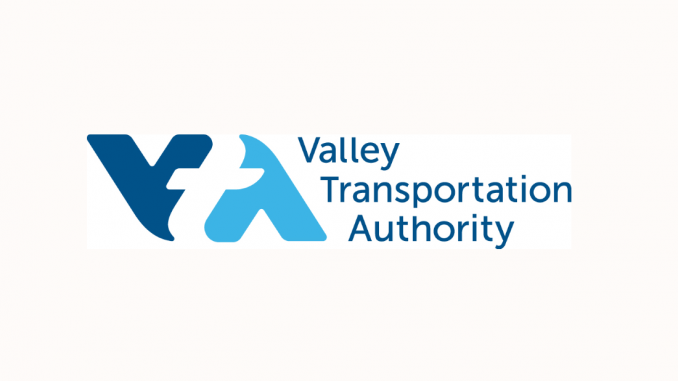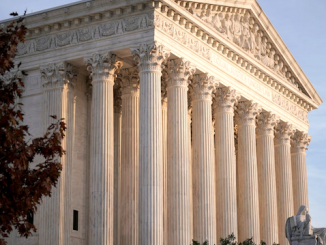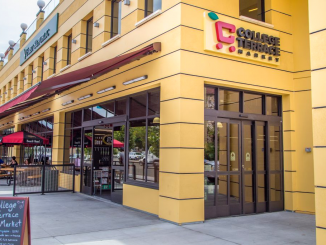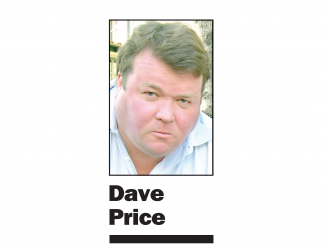
BY JEN NOWELL
Daily Post Correspondent
The city of Palo Alto wants a stronger voice on VTA’s board of directors following a scathing Santa Clara County Civil Grand jury report denouncing the agency as one of the most expensive and inefficient transit agencies in the country.
The city wants its own representative on the board — currently Palo Alto shares a seat with three other cities — but Palo Alto officials realize that this may take time. In the interim, city officials are asking for VTA’s funding for projects to be given to an outside agency that would then dole out the necessary resources to cities.
An agency is needed, such as the Councils of Governments, which can represent multiple municipalities, according to Palo Alto’s draft response letter to the grand jury report.
The letter signed by Mayor Eric Filseth states the city “has historically been underrepresented in VTA policy decision in ways that do not serve the traveling public.”
The grand jury’s report released June 18 found that VTA’s board of directors is monopolized by representatives from San Jose and Santa Clara County. San Jose has five voting seats on the board, while the county has two.
All other cities in the county have five voting board members combined, who tend to be less experienced and have a higher turnover rate than representatives from San Jose and the county.
Four cities share one VTA seat
Palo Alto shares a representative on the board with the cities of Mountain View, Los Altos and Los Altos Hills. Mountain View Councilman John McAlister currently holds this seat.
In the letter, Filseth is asking VTA to not only look at population when it comes to representatives on its board, but also to look at factors such as employment and sales tax generation since a majority of VTA’s revenues are from sales tax measures.
“As a major employment center and sales tax generator at the edge of VTA’s service territory, Palo Alto has historically been underrepresented in VTA policy decision in ways that do not serve the traveling public,” Filseth writes.
VTA’s objectivity questioned
Palo Alto city officials are questioning VTA’s ability to objectively make decisions on transportation issues at the same time the city is seeking funding to improve its four Caltrain crossings from the half-cent Measure B sales tax county voters approved in 2016.
About $700 million of the $6.3 billion that the tax will raise over 30 years has been set aside to build bridges to separate streets from the tracks in Sunnyvale, Mountain View and Palo Alto.
A grade separation is needed at eight crossings in the county, and with four located in Palo Alto, city officials assumed they would get half of the $700 million.
‘Shovel ready’ requirement
But the transit agency is handing out funds based on how “shovel ready” the projects are, and Mountain View and Sunnyvale are closer to starting construction while Palo Alto hasn’t yet decided on a configuration for any of its grade separations.
To further shake things up on the VTA board, the grand jury report recommends lengthening board member terms from one year to two years for more continuity in leadership.
But Palo Alto city officials argue that this doesn’t address the problem of smaller cities not having a voice on the board. In fact, if VTA extends the terms for those representing San Jose and Santa Clara County, it only “exacerbates” the issue, Filseth states in the draft letter.
While Palo Alto officials focus on the governance issue and representation on VTA’s board in their response letter, the grand jury’s report also focused on finances and efficiency.
The grand jury’s report pointed out that VTA collected 5% less fares in 2018 than in 2009, but increased its operating expenses by 51% during the same period. The report also urged VTA to hold off on extending the light rail service to Eastridge in San Jose for $450 million, given that the system is one of the country’s most expensive, heavily subsidized and least used light rail systems.
Palo Alto City Council meets tonight (Aug. 19) at 6 p.m. to vote on whether to approve the response letter.



